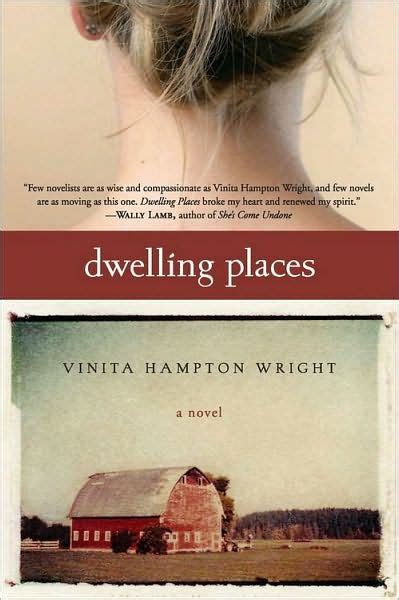A Quote by Edmund White
'One Hundred Years of Solitude' is a masterpiece because it is an episodic novel that has a rigorous form - an unprecedented combination. From the very beginning we know the town of Macondo will endure only a century, so there is a limit to the length of the narrative.
Related Quotes
In that Macondo forgotten even by the birds, where the dust and the heat had become so strong that it was difficult to breathe, secluded by solitude and love and by the solitude of love in a house where it was almost impossible to sleep because of the noise of the red ants, Aureliano, and Amaranta Úrsula were the only happy beings, and the most happy on the face of the earth.
One of the reasons it is considered such a privilege to sit on a Man Booker jury is because it is famously rigorous. The judging is not a gig for lightweights. Not only are all five judges expected to have read all 155 books from beginning to end, but they have to be able to talk fluently about every book at length.
You are carrying a masterpiece hidden within you, but you are standing in the way. Just move aside, then the masterpiece will be revealed. Everyone is a masterpiece, because God never gives birth to anything less than that. Everyone carries that masterpiece hidden for many lives, not knowing who they are and just trying on the surface to become someone. Drop the idea of becoming someone, because you are already a masterpiece. You cannot be improved. You have only to come to it, to know it, to realize it. God himself has created you; you cannot be improved.
I'm skeptical that the novel will be "reinvented." If you start thinking about a medical textbook or something, then, yes, I think that's ripe for reinvention. You can imagine animations of a beating heart. But I think the novel will thrive in its current form. That doesn't mean that there won't be new narrative inventions as well. But I don't think they'll displace the novel.
There is something essential and necessary about the immediacy and democracy of poetry. If you look at the history of literature, poetry is the one enduring genre from Homer to Ashbery - no other literary form has lasted as long. The novel is only two or three hundred years old... And yes, it's mainstream if we look back, we often turn to poetry to encapsulate what was going on in a particular moment because it crystalizes the experience in a very condensed and meaningful way.
A couple of hundred years from now, maybe [science fiction writers] Isaac Asimov and Fred Pohl will be considered the important philosophers of the twentieth century, and the professional philosophers will almost all be forgotten, because they're just shallow and wrong, and their ideas aren't very powerful.
For some people, the beginning is a time of complete chaos. You see bits and pieces of what is before you. You have a sense of what it is you must set out to do. But nothing will form yet. When you sit down to write or paint or form movement, it's like stepping over a cliff or into a dense fog. All you can do is trust that this impending masterpiece is going to somehow manifest itself as you work. But you do know that there is something specific ahead, and you feel the excitement of that.
When I was fifteen I wrote seven hundred pages of an incredibly bad novel - it's a very funny book I still like a lot. Then, when I was nineteen I wrote a couple hundred pages of another novel, which wasn't very good either. I was still determined to be a writer. And since I was a writer, and here I was twenty-nine years old and I wasn't a very good poet and I wasn't a very good novelist, I thought I would try writing a play, which seems to have worked out a little better.







































